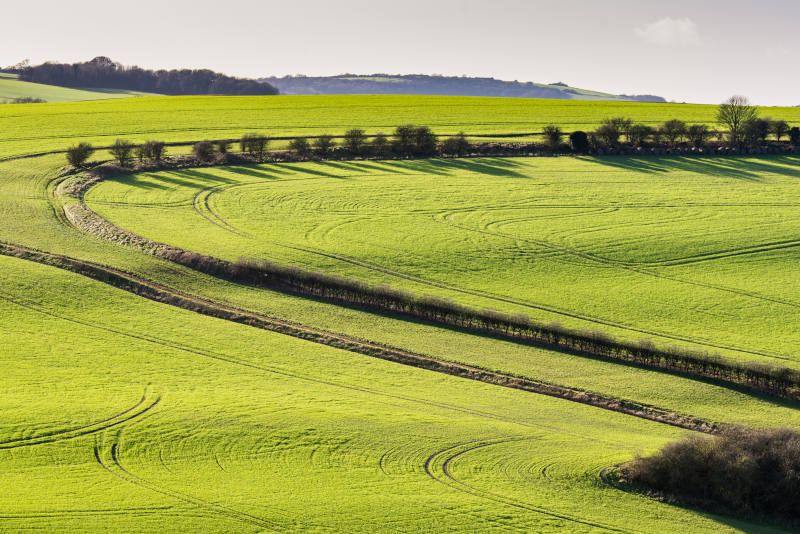It’s not surprising that more people are turning to buy land over a traditional property purchase, with the property market as saturated as it currently is. But if you’re new to the process of buying land, it can feel like a world away from the process of buying a property. This guide can steer you in the right direction and help you avoid any costly or time-consuming mistakes.
Choose the right land
You may be buying land as a solution for where to live, to create your dream home or for an investment opportunity. Knowing why you want the land will help you when it comes to finding the right location. For example, there may be disadvantages to a certain piece of land, such as flooding or subsidence, or perhaps there isn’t the availability of services such as power and drainage, which could affect your build.
You also need to check whether planning permission is likely to be granted, as this could ruin your plans for the land itself if you come to apply and find that your dream home won’t be permitted or there are strict restrictions from the local authority. Working with a land consultant can speed up this process and help you find the right land for your needs.
Build relationships
When you’re going through the land-buying process, you’ll be in contact with various third parties, from local councils to planners, estate agents and highway authorities, not to mention the communities around where you’re buying. So it pays to build relationships with these people so you can find solutions faster when issues arise.
Doing your research is essential, of course, but so is building a network of contacts. Pre-application meetings are only informal and they don’t guarantee that your offer will be accepted. But if you can speak with planning officials early on and build that rapport, it can certainly help when you submit your proposal.
Finance your purchase
It’s recommended that you purchase land with cash, but if that’s not a possibility, you can apply for a land loan. The type of land loan you will need is dependent on the land you’re interested in purchasing, and there’s finance available for raw land as well as improved land which has sewage lines in place, for example.
The former of these is harder to obtain, since developing raw land is much more challenging and costly, so the loan is considered a higher risk. On top of the land loan, you’ll also need to apply for a construction loan to cover the cost of the build or project you want the land for.
Buying land differs from buying real estate since the value of the land is driven by other assets, such as whether it has running water or electricity, or whether it has a property already on it. When you’re getting a mortgage for just land, you’ll require a bigger deposit than you would for a property because there aren’t any assets that can be used to protect the investment. You can expect your down payment to be anywhere from 20-50% of the cost.
Make your offer
This step doesn’t differ too much from making an offer on a home – you’ll make a written offer once you’re ready to make a purchase, approaching the seller with your terms and the details of the transaction. It is possible to negotiate the price of the land at this stage too. Just make sure you’re backing up your negotiations with research and data to enhance the likelihood of your offer being accepted.
Complete the purchase
The next and final step is the legal side. This tends to be much quicker and less complex than buying or selling a property, providing you work with an experienced solicitor who has knowledge of the land-buying process so as to avoid any pitfalls.
Completing your land purchase requires you to sign a land purchase agreement and pay the agreed amount of money. You’ll also have to review the real estate forms, a closing statement that indicates the costs of the purchase and the deed, transferring the land title. Once the seller has signed the agreement, the land will transfer over to you.
Buying land can be complex but having the support of professionals can make it so much simpler. It’s important to do your due diligence and seek expert advice before signing on the dotted line, so you can be sure you’ve ticked off all the necessary steps and made the right choice. For specialist advice on how to buy land in Sussex, please contact our team today.


